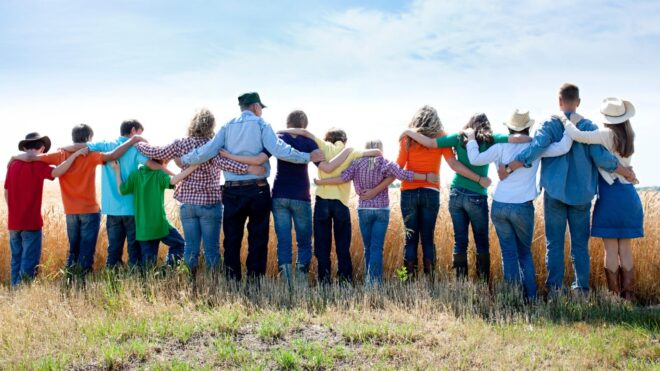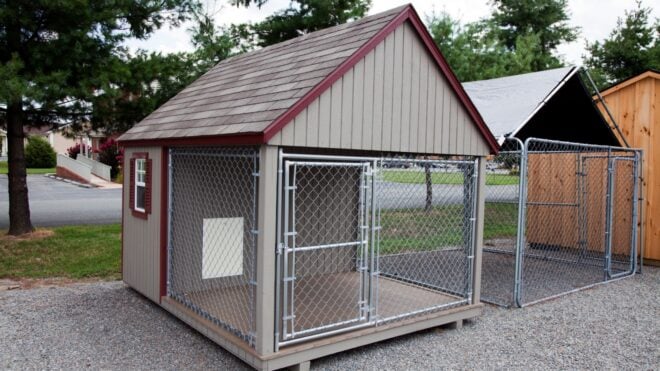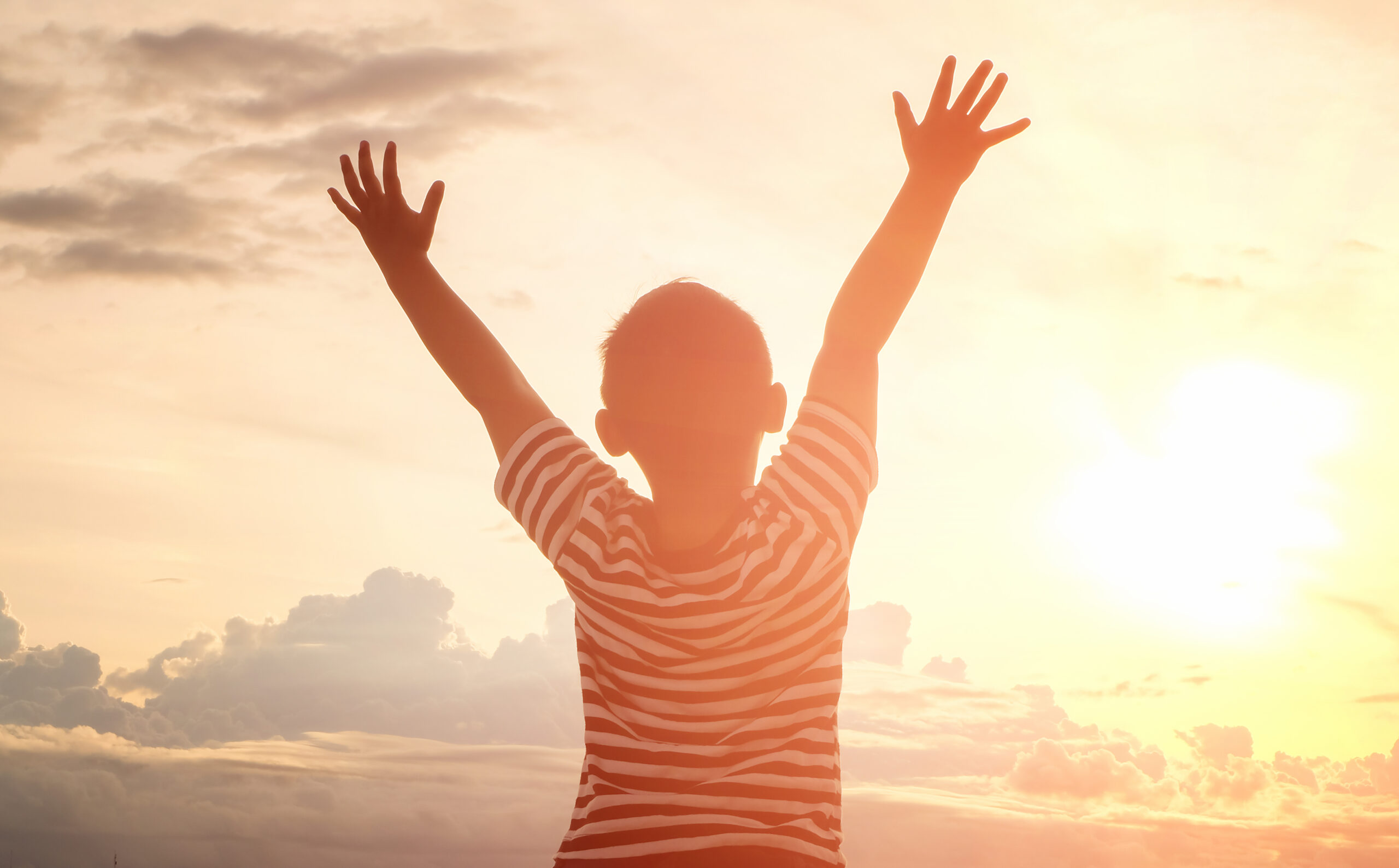
Most of us are grateful for the good things we have in our lives, such as a home, a family, and friends. Practicing gratitude and taking time to notice the small things we appreciate in life can do a lot of good for each of us, from improving something about our day all the way to making a big impact on our overall mental health.
There's a lot of research out there that backs up the idea that practicing gratitude and feeling better mentally go hand in hand. Of course, it's not always easy to know how to be grateful, and it can feel even harder to figure out how to teach our kids the same thing.
Practicing gratitude can help you sleep.

Some researchers have found that one of the biggest benefits of practicing gratitude is that it helps you get better sleep. In 2009, a study published in the Journal of Psychosomatic Research found that a positive trait, such as gratitude, was directly linked to a positive sleep experience, including "greater subjective sleep quality and sleep duration, and less sleep latency and daytime dysfunction."
Being grateful can make us less materialistic.

While it can definitely be fun to go out and hit the shops, sometimes even the best of us can go overboard with material goods. Being grateful for what we do have can often help us focus on those positives instead of aspiring for what we don't have a chance of getting. A study published in 2018 found that this can be especially true for teenagers.
In fact, gratitude can just make us feel happier.

Another reason why gratitude can be so great for our mental health is that it can just make us … happy. You know that rush of warm, fuzzy feelings you get after you really, truly feel grateful? Practicing gratitude often can have us feeling that way all the time.
Try these tips for nurturing gratitude in ourselves and our kids.
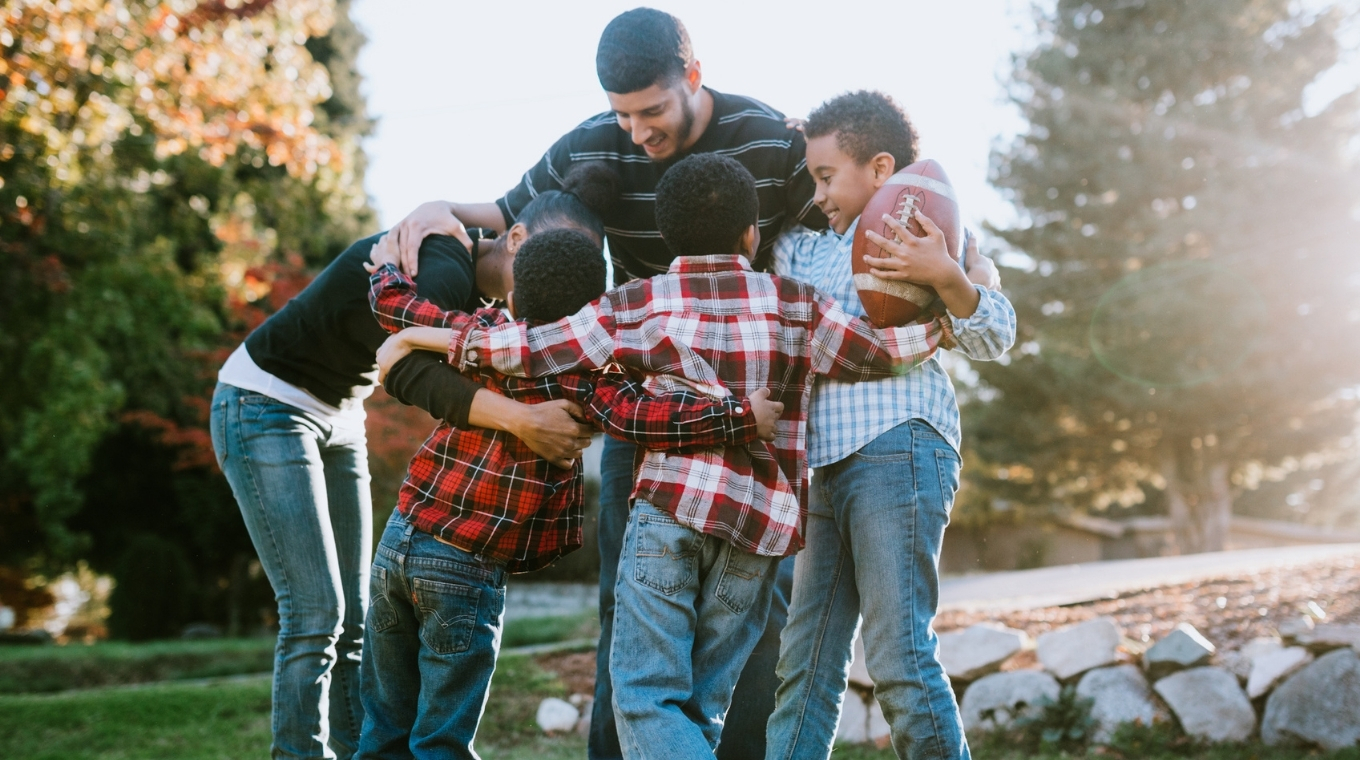
While there are plenty of tools out there designed to make us all more grateful people, the best thing about gratitude is that it's entirely free. You don't need anything special to start practicing being grateful, and it doesn't cost a cent to begin expressing what you feel. Better yet, you don't even have to share what you're grateful for, unless you just want to.
Here are some simple ways to practice gratitude:
1. Write it down.

One of the easiest ways to express your gratitude and to practice pausing and being grateful each day is to simply write down one thing that you're grateful for each day. This can be done individually or as a family at any time of the day that makes sense for your schedules.
2. Say it out loud.
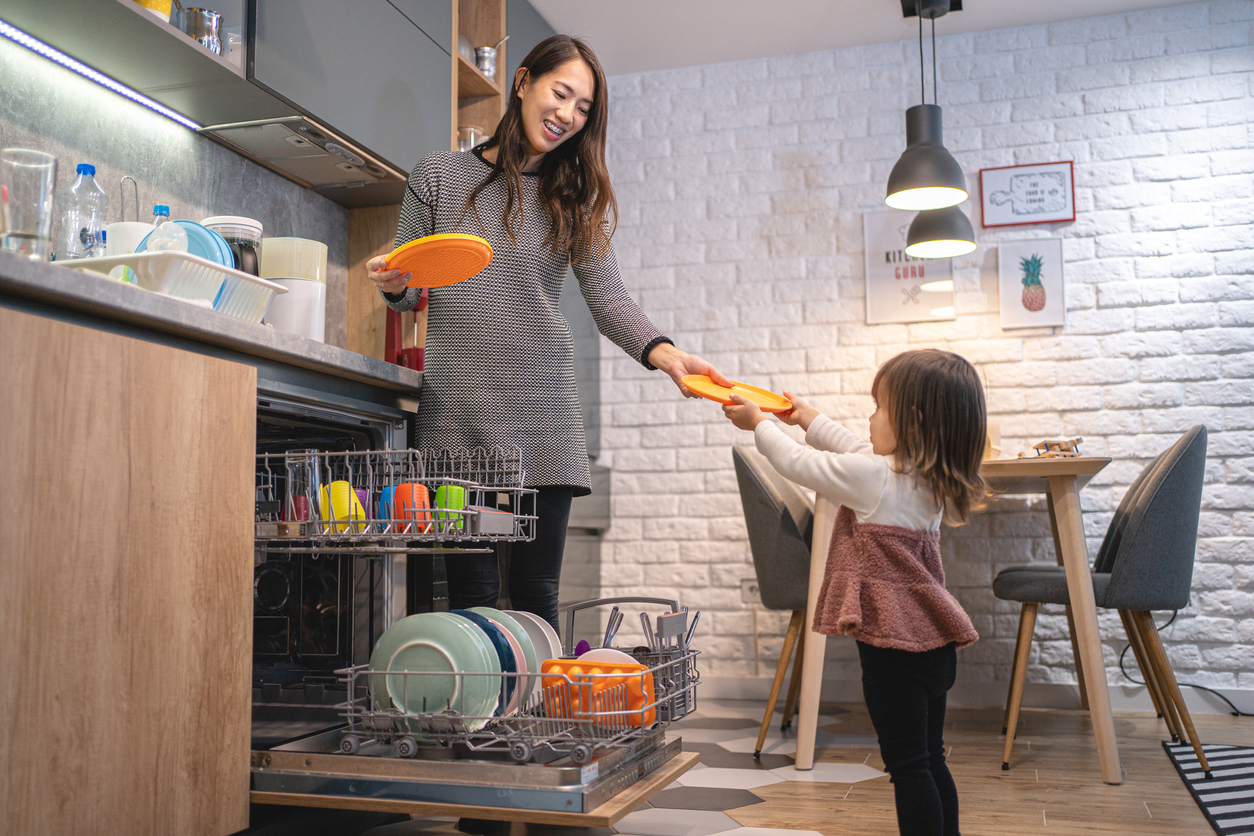
Many feelings and expressions grow even more powerful when we give them a voice, and gratitude is no different. If everyone in your family is open to it, consider sharing what you're each grateful for out loud together. Who knows? You might all inspire each other.
3. Ask for inspiration when you need it.

As parents, it can be tempting to want our children to see us model behaviors perfectly all the time, but as humans, that's impossible. If you're having a tough time feeling grateful one day, reach out to the people around you and let them know. Odds are, someone in your home can help remind you of what you have to be grateful for.

